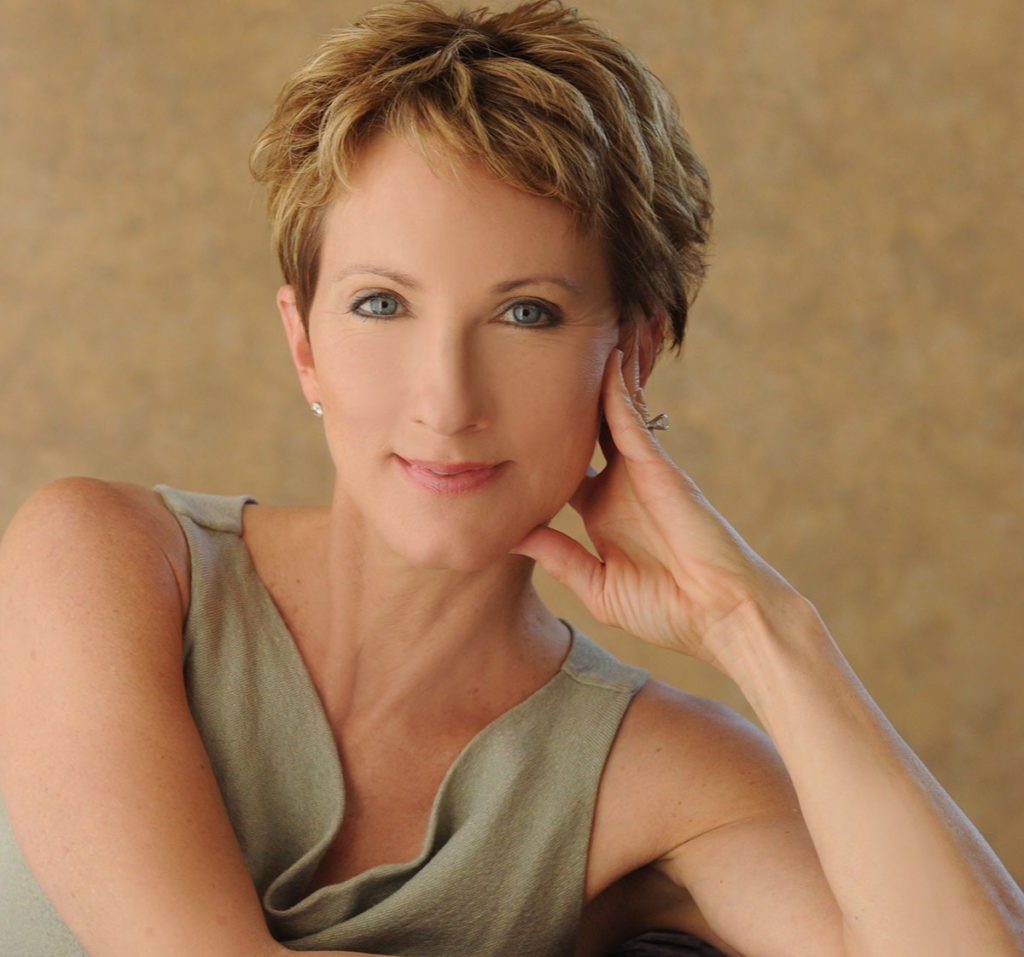
Fostering Change Within Our Communities
Mary Jayne Rogers, PhD, a 30-year veteran of the health and wellness industry, is based in Albuquerque, New Mexico. As owner of Profound Wellness, LLC, she provides expert commentary for leading publications, including The Wall Street Journal, Shape and SELF. Rogers has earned several industry accolades, among them the IHRSA/CYBEX Fitness Director of the Year Award and the IHRSA/Keiser 50+ Award for excellence in mature adult programming. Rogers specializes in whole-person wellness and fitness education and instruction. In addition to holding personal training and Pilates Method Alliance certifications, she has served as a reviewer for the ACE Advanced Health & Fitness Specialist Manual and as a spokes-person for ACE.
ACE: How do you personally see the obesity epidemic affecting our society, and how can we, as professionals, effectively create and deliver fitness programs, and interact with clients?
Mary Jayne Rogers: The obesity epidemic impacts society in many ways that are concerning. It affects the cost of health care and changes the focus of our healthcare system to one of treating illness as opposed to preventing it and achieving wellness. Furthermore, the prevalence of obesity has significant wider economic consequences, impacting the cost of doing business through areas such as worker’s compensation and the cost of providing service, as in the transportation industry. Societally, these costs trickle down to the consumer. The long-term consequences of childhood obesity are another major concern. As professionals, we know the health consequences of obesity. We can only imagine what lies ahead when our nation’s children become obese adults who may already be suffering with type 2 diabetes, heart disease, certain types of cancer and psychological issues. How will this impact their lives, and what will the economic consequences be to our society?
As fitness professionals we play a key role in reversing the epidemic. We must get involved in, or create, programs in our communities that educate and promote healthful eating and consistent exercise habits. These efforts can include working with parents, schools and community organizations as well as getting involved with local policymakers who could help improve school nutrition and physical education programs.
On a smaller level, we must remember that our clients have come to us for help and have likely overcome many obstacles in simply making the decision to come to our door. We can put them at ease by creating an atmosphere that is welcoming and reassuring.
ACE: How do you feel mind-body fitness practices can specifically help overweight or obese clients who may be beginning their journey to health and fitness?
Mary Jayne Rogers: I struggle with the idea that all mind-body fitness practices, in particular, can help overweight or obese clients. As with any fitness modality, I think the key is in how the method is approached, rather than the method itself. Many programs now being offered under the mind-body flag may not be appropriate for an overweight beginner. Nonetheless, traditional mind-body practices have focused on areas that can be incredibly beneficial to a beginner— especially one who is new to movement and who may also be overweight. Some of these practices include mindful breathing techniques, moving from one’s center (core), balance, postural adjustments, self-awareness and self-acceptance.
ACE: What misconceptions—if any— do you believe health and fitness professionals have about people who may be struggling with their weight or adopting
healthy habits? Why is it important for them to overcome those misconceptions before they can truly help people?
Mary Jayne Rogers: I would like to believe that as fitness professionals, we have overcome the tendency to stereotype people based on their physical appearances. However, one misconception may be that those who are overweight or obese are weak or limited in capabilities. This is no more the case than it is with any other client. As fitness professionals, our job is to consider the individual needs of the person in front of us at any given time and to utilize the knowledge we possess to safely influence positive change.
ACE: How do you feel Pilates, yoga and other mind-body disciplines can help health and fitness professionals meet the needs of their overweight or obese clients?
Mary Jayne Rogers: Traditional mind-body disciplines have evolved, in some cases, over thousands of years. In the same way that we as humans grow wiser as we age, mind-body disciplines are enriched with body wisdom. When we as fitness professionals approach mind-body movement with a beginner’s mind, we have the opportunity to absorb that wisdom and use it to benefit our clients and to enhance their experiences with us.
ACE: What advice would you give to health and fitness professionals who may be having trouble engaging with their overweight or obese clients?
Mary Jayne Rogers: Be sincere. Have empathy. Listen well. Respond with authenticity and compassion. Enjoy what you are doing. You are making an important difference.